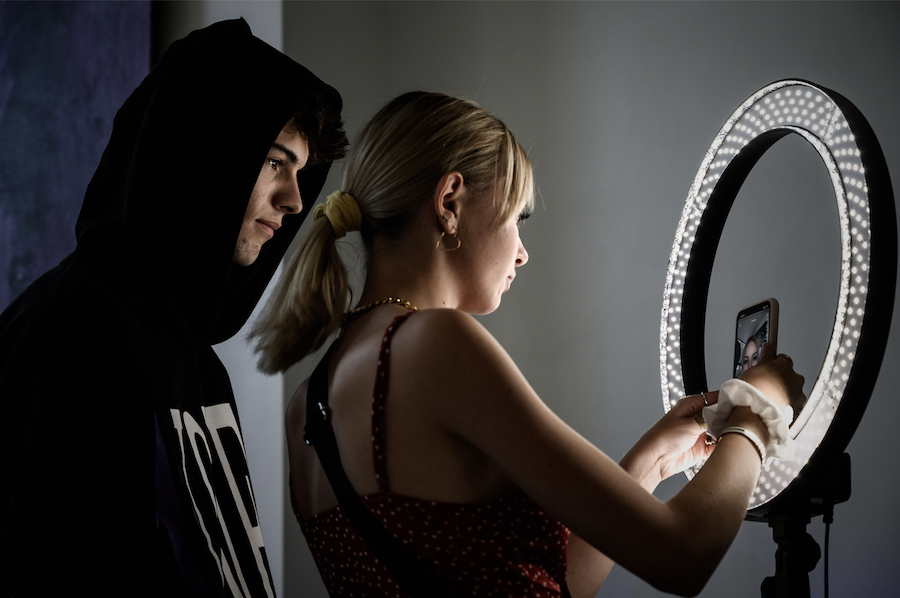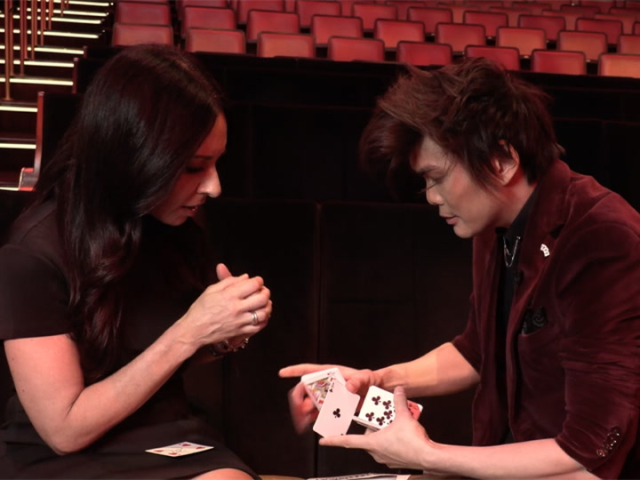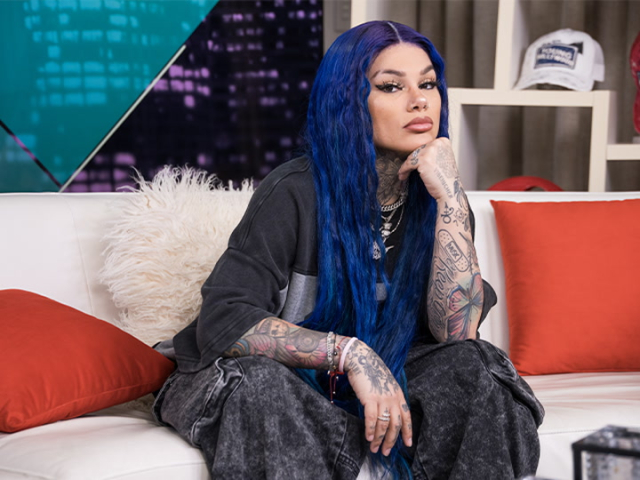The Rise of De-Influencing

For a few years now, Instagram and Tiktok have been awash in influencer content and culture. While a fairly new phenomenon, influencing has become a full-time and sought-after career in which individuals use social media to gain followers and promote certain lifestyles. There are different categories of influencing based on the lifestyle being promoted, which ranges from fitness and beauty to food and gaming; really, anything imaginable can be touted by an influencer. Yet a large part of how influencers make their money is through sponsored posts and advertising. In advertising, the strategy is for a brand to reach out to influencers with a certain follower count. The influencer is given a product and sometimes money in exchange for promoting the brand on their online platform. The idea is that followers, who look up to the influencer, will then purchase the product and drive up brand sales.
So, what is de-influencing?
Growing on Tiktok and Instagram, de-influencing has cropped up in the past month as an anti-influencing protest. Individuals participating in the “de-influencing” wave will talk about products sold by influencers and the unnecessary nature of many of them. A lot of de-influencers come from a place of previous overconsumption and use the movement as a way to promote lowering consumption for others. Not only are specific products de-influenced in these videos, but so are general objects made to seem desirable by influencers, such as a fragrance collection or expensive skincare. De-influencing comes at a time when Instagram, the former influencer powerhouse, is on the decline, and when many people in the past year admit to unfollowing influencers or no longer taking influencer advice seriously.
The de-influencing trend is a positive way for people to check their spending habits, as well as their consumption levels. With the rapid acceleration of the trend cycle due to social media, it is more expensive and environmentally degrading than ever before to keep up with the sheer amount of change. What de-influencing inspires us to do is take a step back from maximalism and find a simpler way of living -- one without the financial and image-based anxieties of constantly being on-trend. While there are skeptics who claim de-influencing will turn in a tactic to sell different products than the already-promoted ones, signs are showing that people trust influencer products a lot less as a whole. And that can only be a good thing, for our financial, environmental, and emotional well-being.



